Kashmiri Chillies: The Vibrant Heart of Indian Spice – A Spicy Love Story!
Picture this: you're in a bustling Indian market, the air filled with the heady aroma of spices. Suddenly, a flash of brilliant red catches your eye — Kashmiri chillies! These beauties are not just about heat; they’re the soul of color and flavor in many classic dishes.
Table of Contents
- What Are Kashmiri Chillies?
- Flavor Profile & Heat Level
- Top 5 Ways to Use Kashmiri Chillies in Your Kitchen
- Buying Guide: How to Choose the Best Kashmiri Chillies
- How to Store Kashmiri Chillies Like a Pro
- Spice Up Your Life with These Kashmiri Chilli-Inspired Recipes
- A Brief History of Kashmiri Chillies
- Comparing Kashmiri Chillies with Other Popular Chilli Varieties
- Health Benefits of Kashmiri Chillies
What Are Kashmiri Chillies?
Kashmiri chillies are a unique variety of red chillies named after the northern Indian region of Kashmir. Known for their deep red color and mild heat, these chillies are often used more for coloring food than for intense spiciness. They come in both whole dried and powdered forms, each serving different culinary purposes.
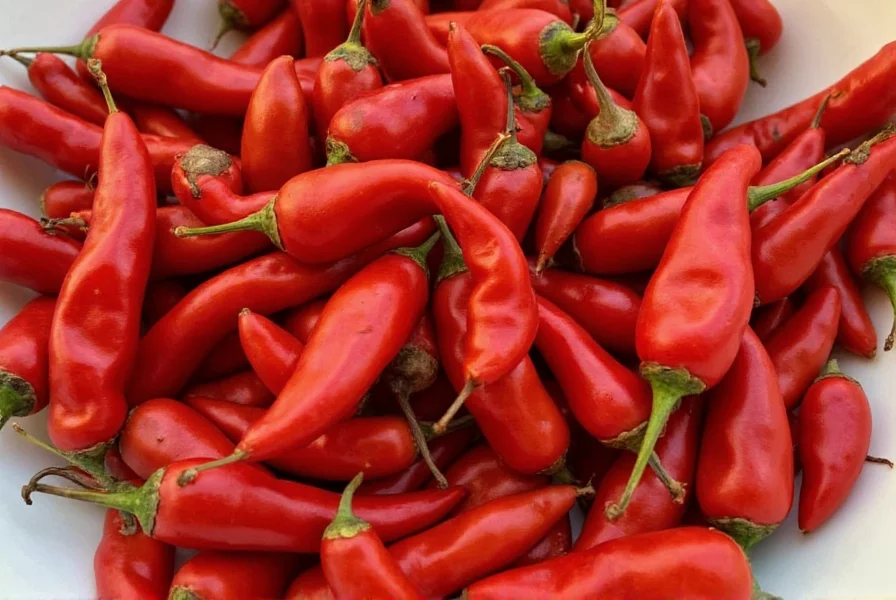
Flavor Profile & Heat Level
If you’re looking for a tongue-tingling experience, Kashmiri chillies might not be your first choice — but if you love depth of flavor and vibrant color, you’ll adore them!
| Characteristic | Description |
|---|---|
| Heat Level (Scoville Scale) | 1,000–2,000 SHU |
| Taste | Fruity, earthy, slightly smoky |
| Color Contribution | Rich, deep red |
| Common Uses | Curry bases, marinades, spice blends, pickles |
Kashmiri chillies are significantly milder than cayenne or Thai bird’s eye chillies, making them ideal for families or those who prefer a subtle kick with lots of visual appeal.
Top 5 Ways to Use Kashmiri Chillies in Your Kitchen
- Marry Them With Yogurt: Add Kashmiri chilli powder to yogurt-based sauces like raita or kebabs for a colorful punch without overpowering heat.
- Make Red Velvet Gravy: Kashmiri chilli powder is key to creating that signature red hue in curries like Rogan Josh.
- Spice Up Pickles: Use whole Kashmiri chillies in oil-based pickles for color and a slight bite.
- Enhance Marinades: Combine with turmeric, garlic, and ginger to make a beautiful, mildly spicy marinade for chicken or paneer.
- Add Flavor to Breads: Mix a pinch into dough when making stuffed parathas or naan for an aromatic twist.
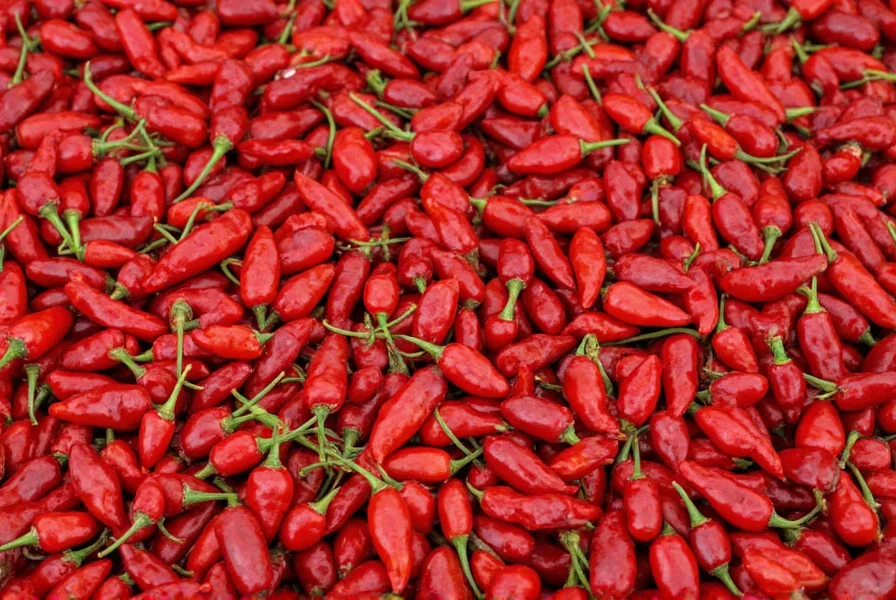
Buying Guide: How to Choose the Best Kashmiri Chillies
When shopping for Kashmiri chillies, quality matters — especially since you're relying on them for color and flavor rather than intense heat.
Things to Look For
- Whole Chillies: Opt for firm, unbroken pods with a deep red color. Avoid those with white spots or a faded appearance.
- Powder: Look for fine, bright red powder with no visible lumps or foreign particles. The scent should be mildly pungent but not overpowering.
Popular Brands & Their Features
| Brand | Features | Best For | Occasions |
|---|---|---|---|
| Rajdhani Kashmiri Mirch | Natural color retention, minimal heat | Curry pastes, marinades | Everyday cooking |
| Everest Kashmiri Chilli | Organic, finely ground, rich aroma | Gravies, rice dishes | Special meals and gifting |
| Sonam Premium Kashmiri Chilli | Highly pigmented, premium grade | Food photography, restaurants | Professional kitchens |
How to Store Kashmiri Chillies Like a Pro
Proper storage ensures your Kashmiri chillies retain their color and potency for months. Here’s how to keep them fresh:
- Whole Chillies: Store in a cool, dry place in an airtight container. They can last up to a year.
- Powder: Keep away from moisture and light. Glass jars are best for preserving freshness.
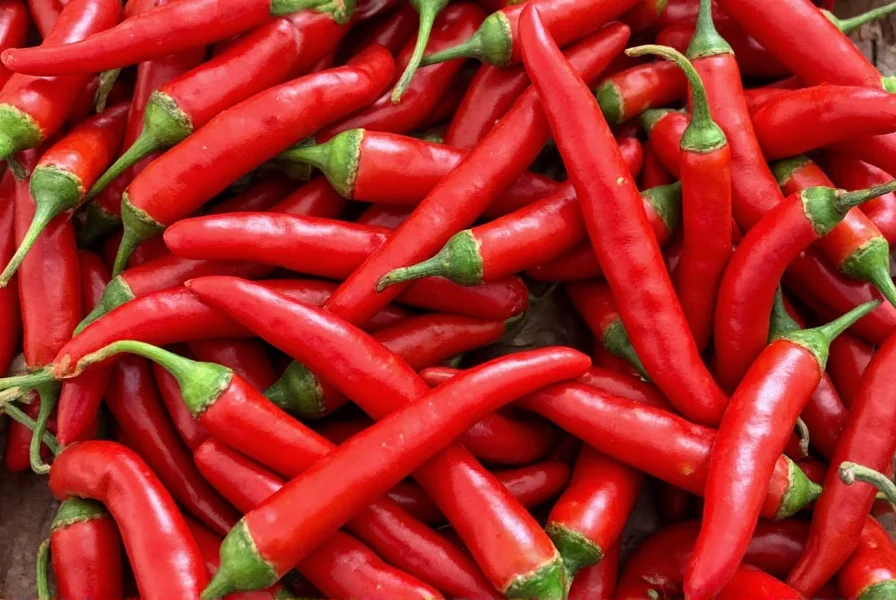
Spice Up Your Life with These Kashmiri Chilli-Inspired Recipes
- Rogan Josh Chicken: The iconic Kashmiri dish that owes its rich color and gentle heat to Kashmiri chillies.
- Kashmiri Gajar Ka Halwa: Believe it or not, Kashmiri chillies are sometimes used subtly in desserts to balance sweetness.
- Red Lentil Curry (Masoor Dal): Add Kashmiri chilli powder to enhance the color and add a whisper of spice.
- Kashmiri Chilli Pickle: Whole dried chillies packed in mustard oil — perfect with roti or rice.
A Brief History of Kashmiri Chillies
Kashmiri chillies have been part of the subcontinent's spice legacy for centuries. Though native to the Americas, chillies made their way to India via Portuguese traders. Over time, Kashmir developed its own unique cultivar known for color over heat — a reflection of the region’s delicate palate.
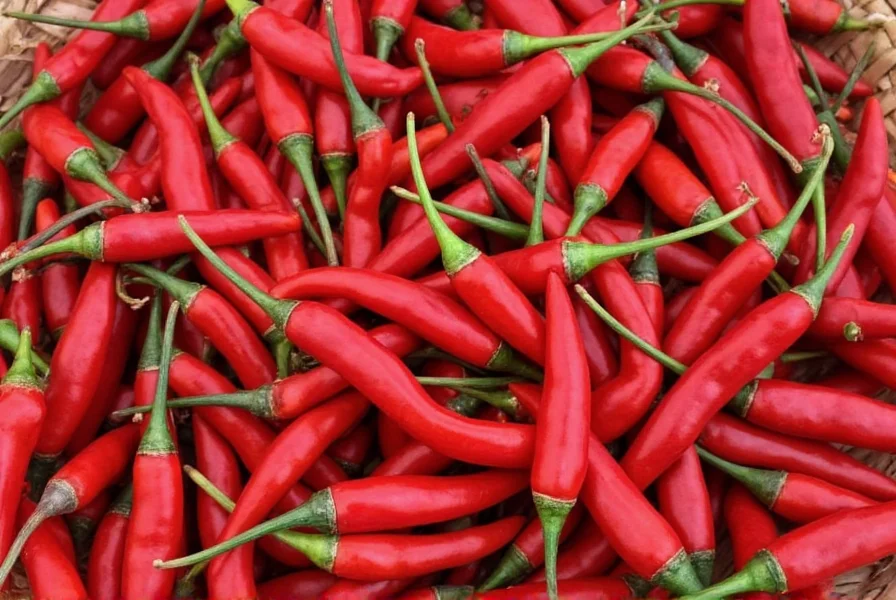
Comparing Kashmiri Chillies with Other Popular Chilli Varieties
To understand where Kashmiri chillies stand among other chilies, here's a handy comparison:
| Chilli Type | Heat Level | Color Contribution | Best For |
|---|---|---|---|
| Kashmiri Chilli | Mild (1,000–2,000 SHU) | Deep red | Curries, gravies, color-rich dishes |
| Cayenne Pepper | Hot (30,000–50,000 SHU) | Bright red | Spicy soups, hot sauces |
| Guajillo Chilli | Moderate (2,500–5,000 SHU) | Ruby red | Mexican moles, salsas |
| Degree Chilli (India) | Very Hot (25,000–30,000 SHU) | Dark red | Strong curries, pickles |
Health Benefits of Kashmiri Chillies
Beyond flavor and color, Kashmiri chillies offer some impressive health perks:
- Rich in Vitamin C: Boosts immunity and skin health.
- Antioxidants: Helps fight inflammation and oxidative stress.
- Improves Digestion: Capsaicin aids metabolism and digestion.
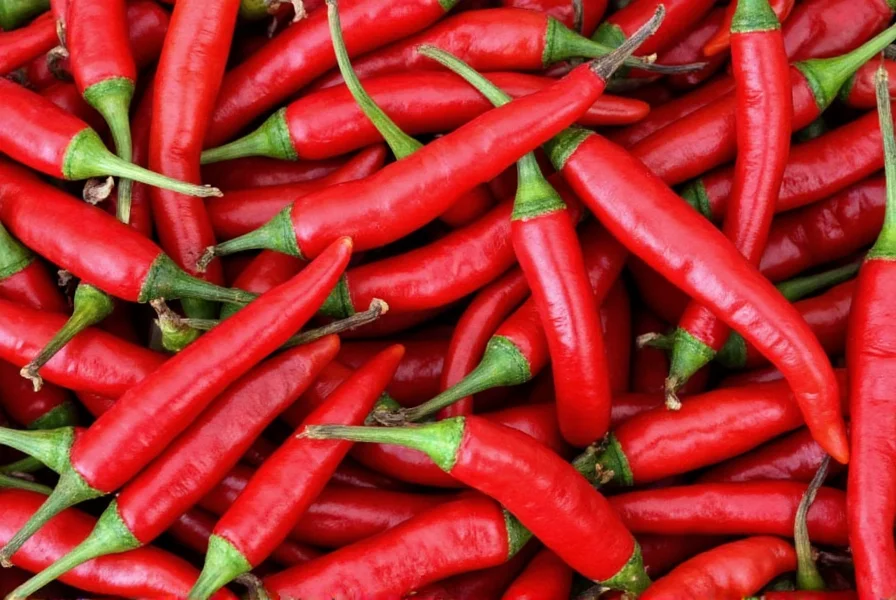
Conclusion
Kashmiri chillies may not set your mouth on fire, but they certainly ignite the senses with their stunning color and nuanced flavor. Whether you're simmering a rich curry or crafting a vibrant pickle, these chillies bring a touch of elegance to any dish. So next time you reach for the spice rack, don’t overlook these beautiful red gems — they might just become your new kitchen favorite.

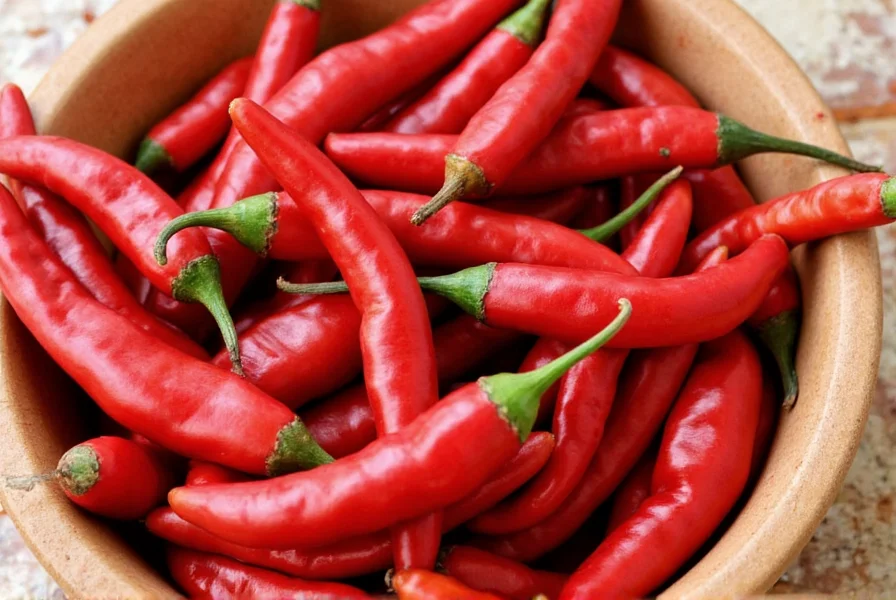









 浙公网安备
33010002000092号
浙公网安备
33010002000092号 浙B2-20120091-4
浙B2-20120091-4